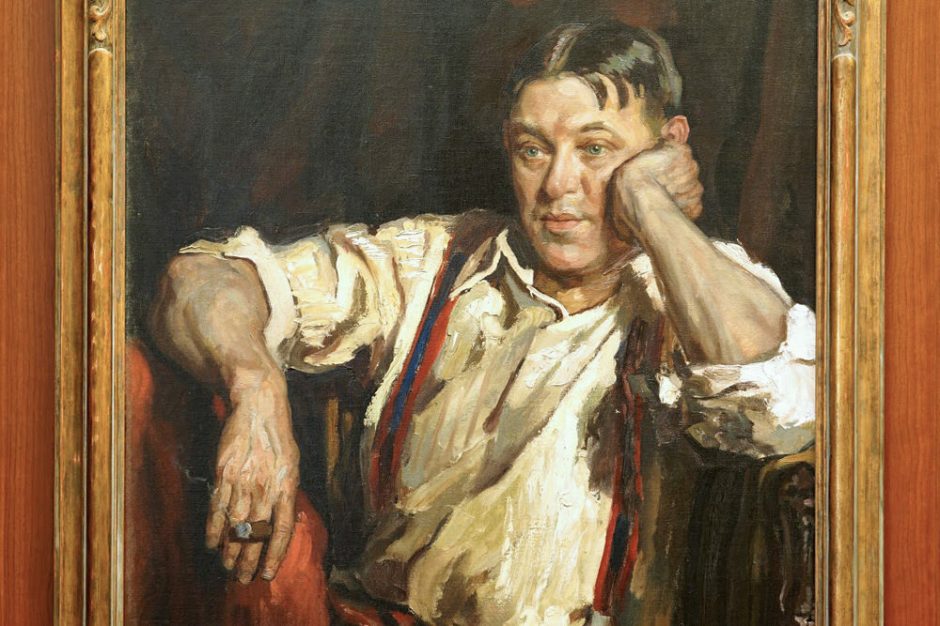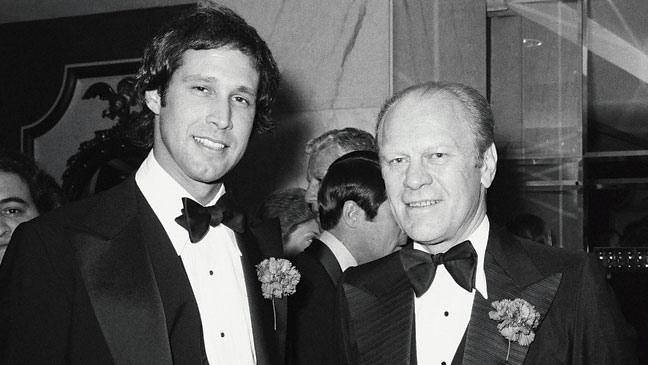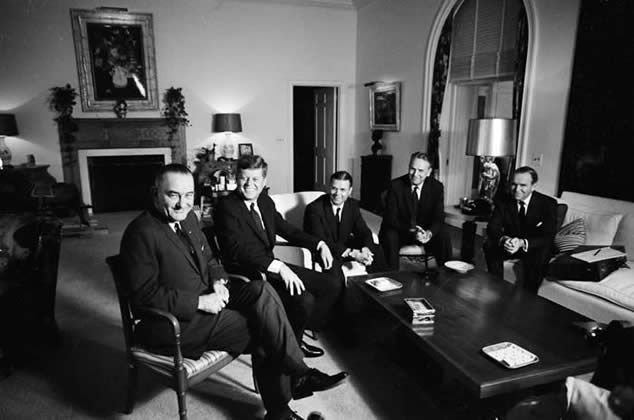Daniel Drezner does not wince when talking about elitism in the United States. His inspiration was the David Brooks column on Italian sandwiches, about which Drezner writes:
Brooks argued that “The educated class has built an ever more intricate net to cradle us in and ease everyone else out. It’s not really the prices that ensure 80 percent of your co-shoppers at Whole Foods are, comfortingly, also college grads; it’s the cultural codes.”
I agree with my Post colleague Tim Carman that outside The Anecdote That Shall Not Be Named, the column was “an otherwise temperate take on the restrictions and social codes that keep the middle class in its place.” As a fully paid-up member of this class, there clearly are expected modes of behavior, and not knowing the unspoken rules of the game acts as a barrier to those trying to enter the meritocratic class. It can still be done, but it’s like learning an additional language.
Then Drezner worries that some of the Trump clan may actually stumble their way into the elite class by being able to order the right Italian sandwich meats:
Based on my own conversations, it would seem that most traditional D.C. wonks look at most of the Trump family and see a bunch of wealthy, not-very-bright boors who do déclassé things like eat their steaks well-done and with ketchup. Indeed, there is a whole conservative genre defending the Trumps for some of their gauche tendencies. Most of the Trumps gleefully ignore the cultural codes that Brooks describes, because they are rich enough to not care.
Then we get to Jared Kushner and Ivanka Trump, and the narrative switches.
The rest of the Trumps might scream bridge and tunnel, but Jared and Ivanka have undeniably mastered the cultural codes of the educated class. It is hard to read a profile of either of them without words like “polished” or “poised” appearing.
Take the opening sentences to Jill Filipovic’s Politico essay from May: “Ivanka Trump is the poised, polished face of a chaotic White House, a bright young mother who many suspect is a voice of reason and moderation among the Steve Bannon acolytes in the West Wing, whispering socially liberal values in her daddy’s ear.” Look at the Post’s Style Section profile of Ivanka from this month: “Ivanka Trump’s office: clean, white, quiet. A zone of punctual start times and promptly offered water bottles, and a conference table at which she conducts meetings. A short, winding walk away from her father’s Oval Office downstairs.” Or as T.A. Frank noted in Vanity Fair, “let’s agree that one of the finest qualities of Jared Kushner is his tailoring. The fit is so good. Even with bespoke work, that’s hard to achieve.”
Let me posit that in mastering the cultural codes of the educated class, Kushner and Ivanka somehow fooled even veteran D.C. observers into presuming that they might actually be qualified and competent as well. Which all evidence suggests is not true.
Drezner believes that expertise on policy is what qualifies someone to rule in America, not expertise in self-promotion, food, or fashion.
As someone who values education, I am hard pressed to knock learning. But my education also tells me that in the United States, you don’t need to be educated to hold public office. George Washington and Abraham Lincoln did not have college educations. Never mind going to the Kennedy School of Government. By the same token, George W. Bush went to Yale and see what good that did him when it came to America’s educated elite.
And don’t forget about those brain surgeons that the Kennedy and Johnson administrations leaned on to devise a policy for the Vietnam War. Sometimes education doesn’t make you a good administrator — just ask any egg-head professor to chair his or her department. See what snafus ensue.
The reality is that with all of Drezner’s brain power, and it is considerable, he could not be POTUS. Well, he could. But he’d have to run for office and somehow portray himself as an ordinary ‘merican because despite the number of college graduates in this fair republic we don’t very often elect Ph.D.’s as POTUS (this is why Senator Sasse where’s not Harvard but Nebraska swag). Last time we did we had Woodrow Wilson and what did he do — used all of his intellectual fire power to fight a war to make THE WORLD, not just the United States, but THE WORLD, safe for democracy (which by the way means that we fought the war not to have educated elites running things)?
Which leads to the real point of this post: the story that the press and scholars are missing is what a novel state of affairs it is to have a POTUS who has no experience with government. Why no feature stories on what it’s like to have to do so many things that you’ve never done before? Or what is it like to be trailed by Secret Service agents? Or what’s it like to live in the White House? Many Americans could possibly imagine being in Donald Trump’s shoes (though what it’s like to be a billionaire is beyond me). We would not have the first clue about running a government as massive as the federal one. And that could be an exciting set of stories. But what we seem to get is reporting about how Trump is subhuman and stupid. Imagine if Bill Gates were POTUS. Would he be prone to the same mistakes? But he’s not the kind of jerk that Trump is so the press goes Jerry Falwell, Sr.
I still wonder, though, whether any of the people criticizing Trump, even Drezner, claim to know what to do as POTUS? Do the journalists or professors of foreign policy have white papers on Iran and how to deploy the CIA or State Department? (And if education is a pre-requisite for governing in the U.S., what is our foreign policy supposed to be with poorly educated rulers of other countries? Doesn’t this way of thinking involve a kind of hierarchy that is supposed to be antithetical to social justice?)
The reality is that nothing in American government prepares you for what you might face in the White House along the lines of war and diplomacy, not to mention the vast scale of administering the federal agencies. Jim Kenney, the mayor of Philadelphia has a degree from Lasalle University? Does that mean he’s not fit to hold a higher office? The governor of Massachusetts, Charlie Baker, has a degree from Harvard and an MBA from Northeastern. But can he stand on that great hill of U.S. foreign policy?
What I was hoping would happen with the Trump presidency was a chance to see the federal government through the eyes of a real outsider. The Trump administration might be an occasion for a POTUS self-study. What is necessary for the executive branch of the federal government? What is so complicated as to create barriers to other citizens serving in public office short of getting the right set of degrees and making the right connections? But alas all we are getting is how Trump fails to reassure many Americans that Washington is the capital of the greatest nation on God’s green earth (well, at least a few steps up from Russia).







